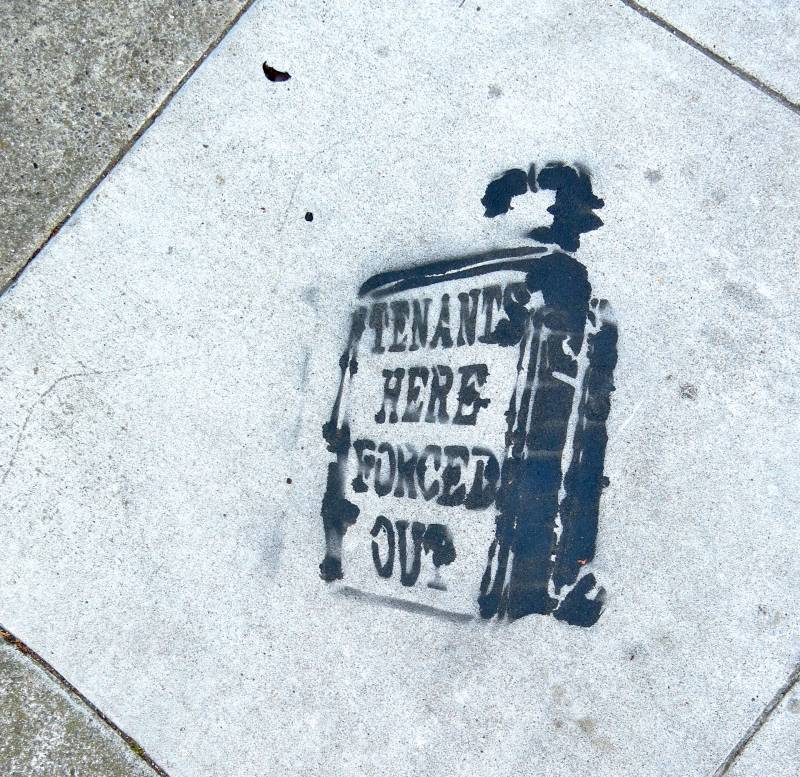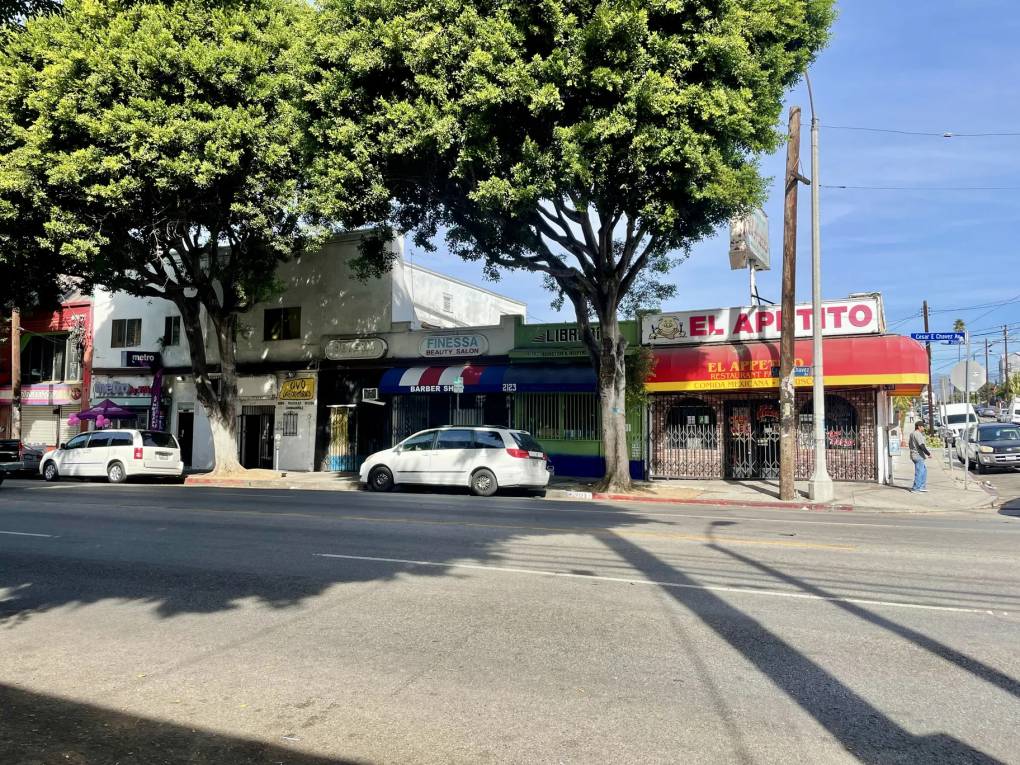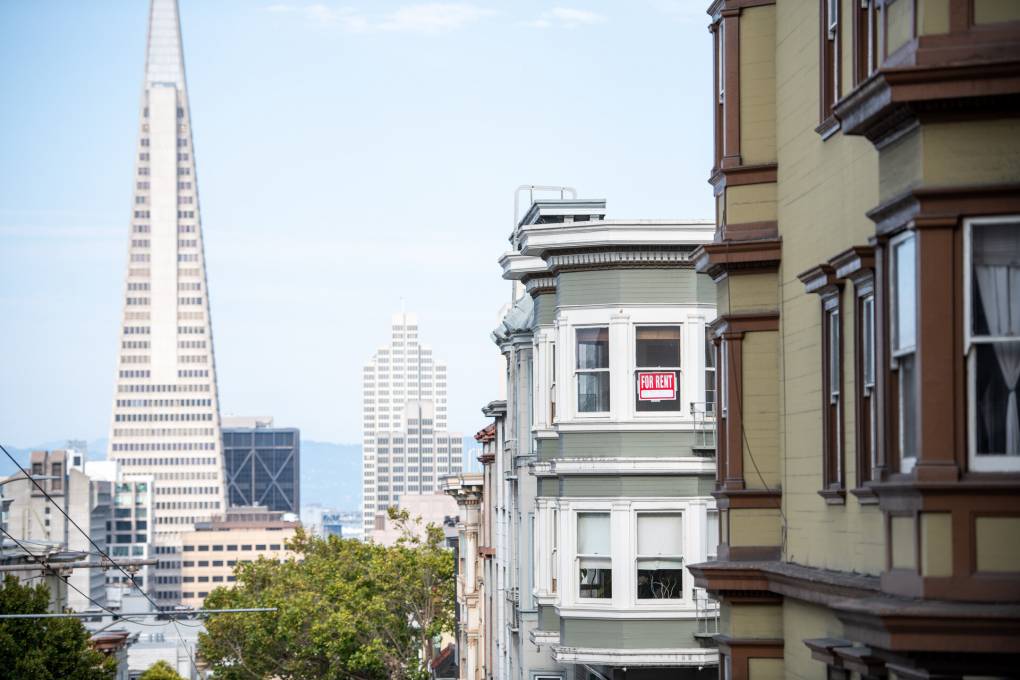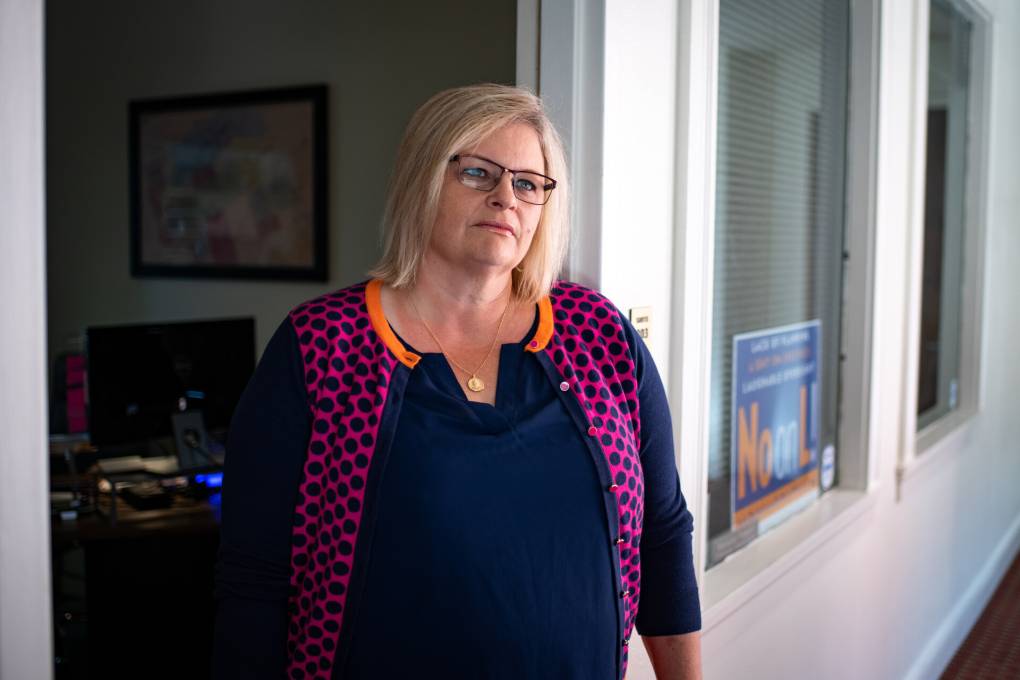For the past two months, Daly City resident Ethel Rodriguez has been helping neighbors who are facing eviction get legal advice through the community-based group Faith in Action. Then on Nov. 9, she and her family received a notice to vacate the apartment they’ve been living in for a decade.
“It’s my worst nightmare come true,” said Rodriguez. “I feel frustrated, angry and sad.”
Rodriguez is one of many renters across the state who are receiving eviction notices shortly before the state’s new rent cap law, AB 1482, goes into effect on Jan. 1, 2020.
The law, also known as the Tenant Protection Act of 2019, limits annual rent increases to 5% plus inflation as measured by the consumer price index. The law also requires landlords to give “just cause,” or a legitimate reason as defined by law, for evicting renters.



